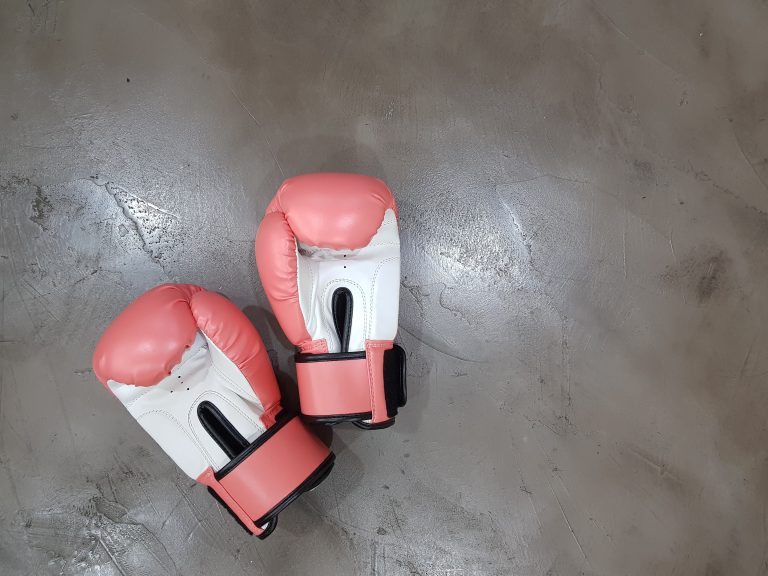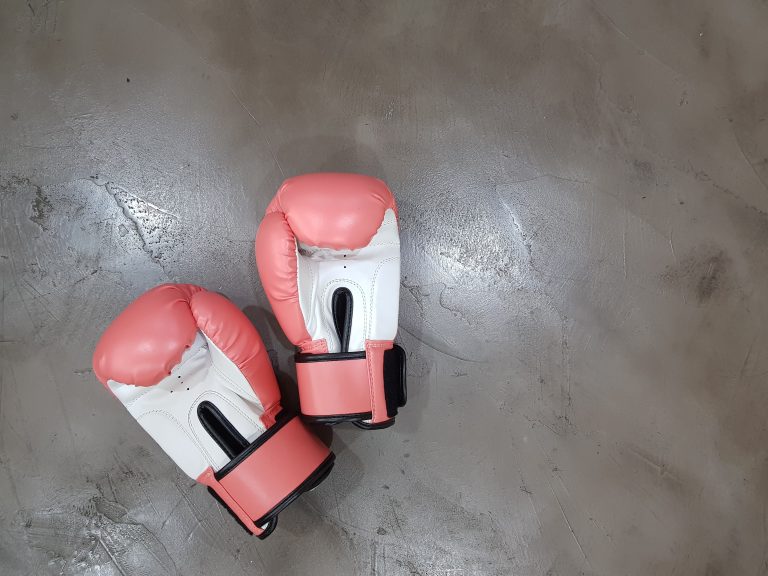Karate Sparring: Everything You Need to Know Before You Go Into The Ring
Karate is a popular martial arts discipline that originated in Okinawa and has been practiced around the world for centuries. It is a traditional form of unarmed combat that has been used for self-defense and competition. Many of us have seen the iconic images of people in a karate stance opposing a menacing opponent; however, this pose is often use as an exaggerated representation of reality.
In actuality, karate sparring, or Kumite, is an integral part of training for many practitioners. Karate sparring is a controlled form of combat in which two opponents engage each other with techniques borrowed from the karate kata or bunkai. It provides an excellent opportunity for practitioners to hone their reflexes and measure their progress against like-minded opponents.
Before stepping into the Sparring Arena, there are some key points to keep in mind. Here is everything you need to know before you go into the ring.
What Is Karate Sparring?
Karate sparring is an excellent way for practitioners to expand their knowledge and refine their skills. In a basic sense, it involves two opponents engaging each other with traditional karate techniques in a controlled atmosphere where lighter contact is continuously exchanged and scored by an instructor.
Karate sparring is often divided into two general categories: point-sparring and full-contact sparring. Point-sparring (or semi-contact as it is sometimes known) involves sparring with light contact where blows are stoppedshort of making contact with the opponent. Full-contact sparring involves actual physical contact between the opponents where blows may result in physical harm. The intensity of each bout depends largely on the rules established by the instructor and the level of technique mastery by both participants.
Typically, karate sparring is held in a safe environment with referees and other rules in place to ensure a fair and controlled match. It is important to always practice karate sparring with respect for your opponent and in accordance to the security measures set forth by your instructor.
The Benefits of Karate Sparring
Karate sparring provides multiple benefits that contribute to the development of practitioners on both a physical and psychological level. Here are some of them!
1. Improve Physical Fitness & Flexibility
When you spar with someone, you not only practice karate techniques, but also experience physical conditioning in a fun and exciting way. Your coordination, agility, reflexes, and general motor skills are challenged when two opponents engage each other. Through sparring, you not only improve your physical fitness level but also increase flexibility and balance by responding quickly to various karate techniques.
2. Gain Insight Into Your Strengths & Weaknesses
Karate sparring provides an excellent opportunity to test out your skills against opponents with comparable skill-levels. Through this unique controlled environment, the strengths and weaknesses of a particular technique can be further explored and improved upon. Practitioners are able to gain invaluable insight into their capabilities as they practice their karate techniques in a safe and fun setting.
3. Enhance Self-Confidence & Mental Toughness
Karate sparring also helps increase your mental strength as it pushes your limits, both physically and mentally. Understanding how to apply techniques to real confrontations increases confidence and prepares practitioners on how to deal with unexpected scenarios in a controlled environment. As you become more comfortable with your abilities, you will gain the ability to handle pressure with grace and confidence against any situation or opponent.
Rules & Guidelines For Karate Sparring
Karate sparring is an inherently competitive and creative form of martial art. However, rules must be followed to ensure safety and fairness for all competitors. Most clubs will have their own set of safety guidelines which need to be followed strictly, as well as additional rules set by each instructor depending on the intensity or type of competition being undertaken.
Here are some general rules for karate sparring:
- Competitors must wear protective gear including helmets, mouth guards, hand protectors, shin and groin Guards.
- No kicking or punching below the waist is allowed.
- Full contact and continuous contact sparring are strictly prohibited.
- Only light contact is allowed during the match.
- Blows must be completely stopped short of making contact with the opponent.
- Scoring points will be awarded for precise strikes and kicks.
- Kicks and punches must be pulled in order to avoid any unintentional injuries or knockouts. Karate Sparring: Everything You Need to Know Before You Go Into The Ring
- Improve your reflexes and coordination
- Increase your cardiovascular endurance and overall fitness level
- Develop your balance and agility
- Boost your self-confidence and self-esteem
- Learn discipline and self-control
- Improve your ability to focus and concentrate under pressure
- Headgear to protect your head from punches and kicks
- Mouthguard to protect your teeth and jaw
- Hand gloves to protect your hands during punching and blocking
- Foot pads to protect your feet during kicking
- Body armor to protect your chest, back, and abdomen
- Point sparring: The match is divided into rounds, and the first fighter to score a predetermined number of points or the most points in the given time wins.
- Continuous sparring: The match lasts for a longer period, and the fighters score points for landing the techniques correctly.
- Full-contact sparring: Two fighters use all their karate techniques, without restriction, until one fighter is knocked down, gives up, or the match ends.
- Illegal techniques: Techniques such as hitting the throat, groin, back of the neck, or below the belt are prohibited.
- Penalties: Penalties can be given for illegal techniques, unsportsmanlike behavior, or violating the rules of the competition.
- Practice your basic techniques: Before sparring, practice your punches, kicks, blocks, and footwork to improve your performance.
- Improve your endurance: Train your cardiovascular system by running, cycling, or doing other forms of aerobic exercise.
- Stretch regularly: Stretching can help you become more flexible, prevent injuries, and improve your range of motion.
- Stay hydrated: Drink plenty of water before, during, and after the sparring sessions to keep yourself hydrated and energized.
- Visualize your success: Visualize yourself performing well during sparring and succeeding against your opponent.
If you’re a beginner to karate sparring or you’re considering it as a way to enhance your martial arts skills, you probably have a lot of questions. In sparring, you’ll be fighting against an opponent using controlled movements to simulate a real-life combat situation. This article aims to provide you with everything you need to know before you step into the ring.
What is Karate Sparring?
Karate sparring is a form of martial arts training that involves fighting with controlled techniques and movements against an opponent. The goal of sparring is to simulate an actual combat situation where you’d have to defend yourself while attacking your opponent.
In karate sparring, you use a variety of punch and kick techniques, blocks, and footwork to try to strike or defend against your opponent. There are different types of sparring, including point sparring, continuous sparring, and full-contact sparring.
What Are the Benefits of Karate Sparring?
Karate sparring brings many benefits for your physical and mental well-being. Practicing karate sparring can help you to:
What Equipment Do You Need for Karate Sparring?
To ensure your safety during sparring, you must wear protective gear. The equipment you need for karate sparring includes:
What Are the Rules of Karate Sparring?
Karate sparring has different rules and regulations depending on the competition, the organization, or the dojo you’re practicing at. Below are some general rules of karate sparring:
How to Prepare for Karate Sparring?
Preparing physically and mentally for karate sparring is crucial. Here are some tips to help you prepare:
Conclusion
Karate sparring is an essential part of martial arts training. It provides immense physical and mental benefits, teaches discipline, control, and helps you to become a better fighter. Before you start sparring, make sure you learn the basic techniques, wear the required protective gear, and follow the rules of the competition or the dojo. Practice regularly, stay motivated, and enjoy the sport.
Inhaltsverzeichnis






